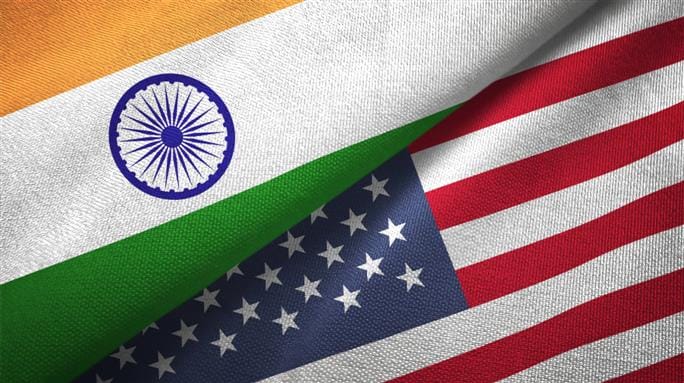As the inauguration of President-elect Donald Trump approaches on January 20, 2025, several American universities are taking precautionary measures by issuing travel advisories for their international communities.
Institutions are urging students to return to the United States before the swearing-in ceremony due to concerns over possible travel bans and immigration policy changes that may be enacted by the new administration.
The University of Massachusetts, on its official website, stated, “The Office of Global Affairs recommends that our UMass Amherst international community—including all international students, scholars, faculty, and staff under UMass immigration sponsorship—strongly consider returning to the United States prior to the presidential inauguration.”

official website |
The advisory emphasised that this recommendation is not a requirement, nor is it based on any current U.S. government policy. Instead, it arises from the potential for new policies on the first day in office, alongside experiences with previous travel bans during Trump’s first administration in 2017.
The university’s statement continued, “Undergraduate international students living on-campus will be permitted to move back in early if needed.”
What happened in 2017?
During Donald Trump’s presidency, U.S. international student enrollment declined for the first time in over a decade. Key factors included stricter visa policies, such as the 2017 travel ban targeting several Muslim-majority countries, and reduced scholarships from nations like Saudi Arabia and Brazil. Anti-immigrant rhetoric and “America First” policies created a less welcoming environment, while restrictions on Optional Practical Training (OPT) and H-1B visas deterred students seeking career opportunities. Strained U.S.-China relations and weakened international collaborations further reduced appeal, signaling a broader decline in the U.S.’s attractiveness as a study destination.
India has surpassed China as the leading source of international students
Recent data from the U.S. Department of State and the Institute of International Education shows that India has surpassed China as the leading source of international students in the U.S. for the 2023-2024 academic year, with 331,602 students—a 23% increase from the previous year. Meanwhile, Chinese students have declined by 4% to 277,398, maintaining their status as the largest source of undergraduates and non-degree students.
The Office of International Student Affairs at the University of Massachusetts expressed, “If you are planning to travel internationally over winter break, we strongly recommend that you re-enter the U.S. by Sunday, January 19, 2025.”
The letter warned that uncertainties around President-elect Trump’s immigration policies could complicate re-entry into the country following the inauguration.
Students have voiced their apprehensions regarding the political climate.
Manav Kumar, a 20-year-old student at the University of Massachusetts, shared, “All international students are worried right now. They feel incredibly stressed due to the uncertainty surrounding immigration.”
The University of Amherst has also echoed these concerns, advising international students, faculty, and staff to consider returning to the U.S. before the inauguration.
It is not a mandate
While the advisory is not a mandate, the university is advocating for caution to avoid any potential disruptions caused by sudden policy changes. As the inauguration date approaches, international students are left navigating their travel plans amid rising uncertainty regarding their future in the United States.
